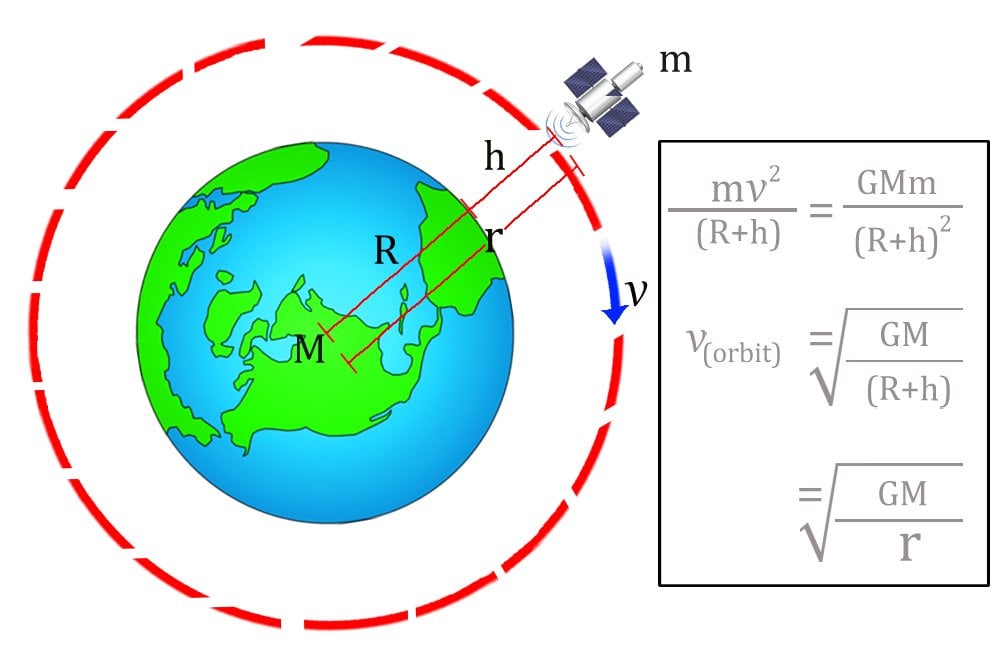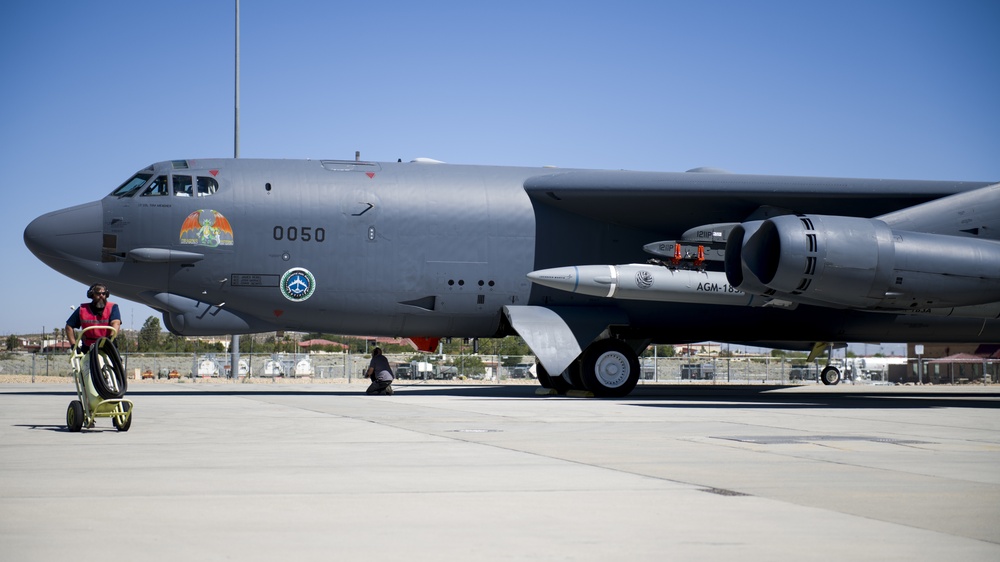1/ At some point in the past several years, China woke up and decided it needed to compete with the US on nuclear weapons in ways it hadn’t for decades previously. It is investing in a lot more survivability and a lot more penetrability. Why?
2/ I doubt it is because China seeks to conduct a bolt out of the blue first strike against the US. That would be suicide. Because SSBNs.
3/ Instead I lean toward another hypothesis: China estimates that the risk of a conventional war with the US is higher now than ever, and it needs to stalemate the US at the nuclear level—escape US nuclear coercion—in order to open space for more aggressive conventional options.
4/So the take home risk with all these developments isn’t the risk of nuclear war with China—though that obviously goes up—but the risk of a really nasty conventional war where China unloads its massive arsenal of conventional missiles in theater w/o fear of US nuclear escalation
5/ This isn’t a new logic. This is, in fact, exactly the stability-instability paradox. China is seeking to shore up its side of strategic stability in order to potentially open up greater offensive options at the conventional level, in a war it starts or one that comes to it
6/ And I always have more confidence in my views when they agree with (at)ProfTalmadge. We didn’t even coordinate this time





